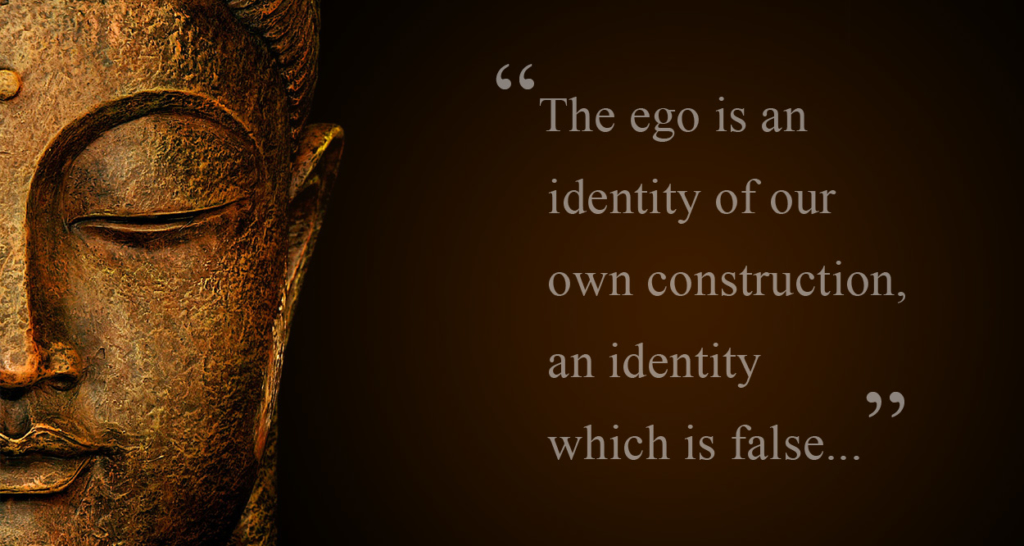
Ego is one of the hardest things to deal with as a new manager.
You are in a new situation, you are most likely leading people for the first time, you are probably a bit younger ... and you just feel like you HAVE to prove yourself.
This kinda makes sense right? You were obviously promoted because you knew your stuff and were really good at your old job, so now it MUST be your job to make sure everyone knows how good you are.
WRONG!
This is the number one mistake most new managers make. I totally get why, we have created this hierarchy in our corporate structures that makes people believe a good supervisor = a good manager = a good director = a good VP.
This. Is. Completely. Untrue.
The reality is that it takes different skills to be a good leader; and excellence at one level does not automatically mean excellence at the next.
To be a good leader, you have to always be trying to check your ego. Yes you are smart, you probably have good ideas, you probably have had a lot of successes ... don't lean on these to tell people the 'way' to do things.
A great leader helps his team. Works with them to get them to push themselves. Works with his team so that they share ideas together, to get them to challenge each other and to push to do better.
If you make it your job to be a 'leader' / manager that just gives the answers and wants to use stroke of the pen authority to get things done ... you won't end up being a great leader.

Comments
Post a Comment